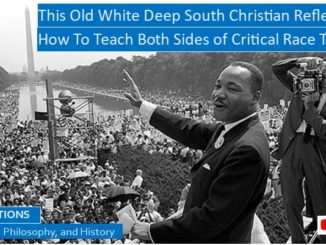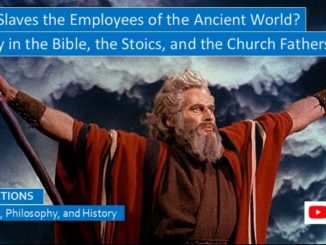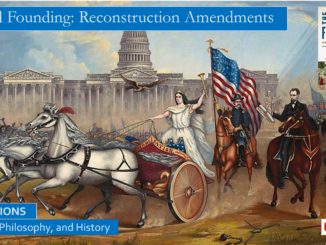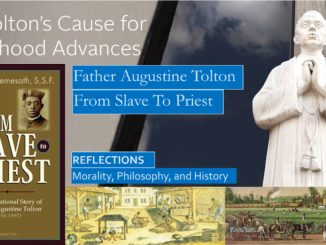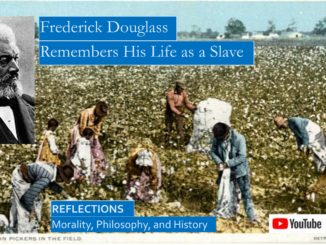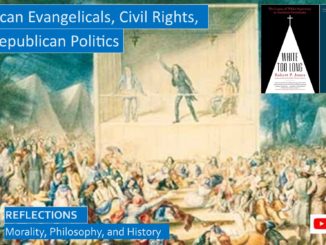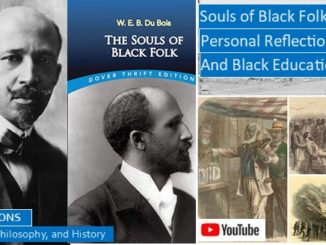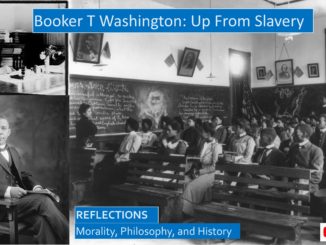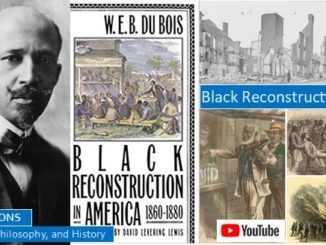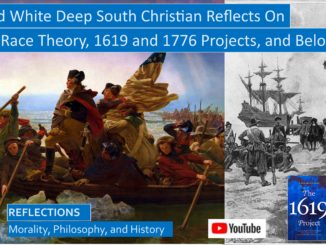
Critical Race Theory: Reviewing the 1619 Project and Beloved
Both concerned parents and activists who have no children have been flooding school board meetings across the country yelling and threatening each other over critical race theory and whether we should be teaching our children American History starting with our Founding Fathers and the American Revolution when we won our liberty from the British in 1776, or should we teach our children that our country was originally built on the unpaid labor and bones of slaves since the first was shipped over in 1619 with the first colonists? What role did slavery play in the founding of our nation, and when did slavery end? Finally, when discussing what books should be included in young students’ lessons, one book has stirred considerable controversy, Beloved, by Tomi Morrison. […]

